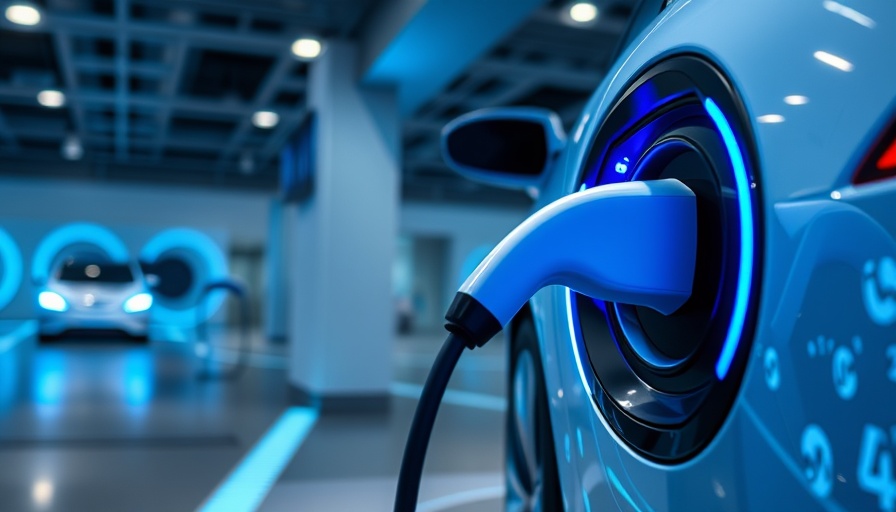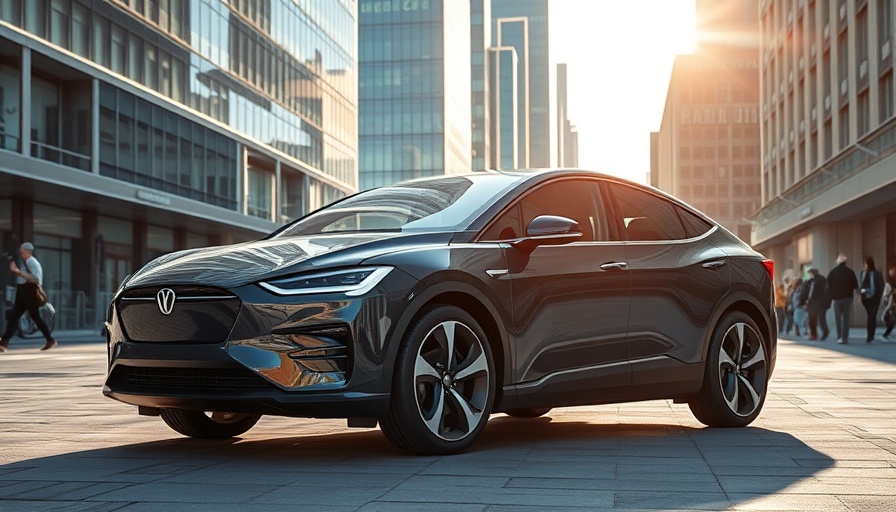
Current Limitations on EV Charging: A Major Hurdle for Motorists
The rapidly evolving landscape of electric vehicles (EVs) is promising for environmentally conscious drivers, but a key issue remains: the time it takes to charge these cars. According to a recent survey conducted by Startline, a staggering 72% of motorists would be more inclined to switch to an EV if it could offer 250 miles of range with just a five-minute charge. This highlights a pressing demand for faster charging solutions that can match the convenience of traditional petrol refueling.
BYD's Super E-Platform: A Glimpse of the Future?
Chinese automaker BYD's newly introduced Super E-Platform showcases the potential for rapid charging capabilities, aiming to bring EV charging times down significantly. Their platform, designed for models like the Han L and Tang L, promises this level of efficiency—although availability in markets like the UK is still pending. Many potential buyers are intrigued, with 36% expressing that this charging speed is almost as quick as refueling at a petrol station. Furthermore, 34% indicated that such efficiency would eliminate their need for a home charger, making EV ownership much more accessible for those living in space-restricted conditions.
Challenges Ahead: Cost and Infrastructure Concerns
However, the promise of fast charging comes with caveats. Startline's research indicates that 15% of respondents worry about the potential costs associated with fast chargers, while 12% are concerned about the investment required to develop a comprehensive network capable of supporting such technology. Paul Burgess, CEO of Startline Motor Finance, notes that the current public chargers in the UK typically provide less than half of the power needed for rapid charging, illustrating the significant gap between the ideal situation and present capabilities. Achieving the necessary infrastructure will demand not only a financial investment but also an overhaul of existing systems.
Looking to the Future: The Need for Change
Achieving rapid charging capabilities could drastically shift consumer attitudes towards EVs. For many, the current inconveniences associated with EV charging create a mental roadblock to adoption. Therefore, moving forward, automakers and infrastructure developers must collaborate to enhance charging technology and networks. This shift would not only influence private ownership but could also transform commercial fleets and public transportation sectors, paving the way to greener, more sustainable urban environments.
Ultimately, while exciting models may emerge on the market, their success hinges on the ability to deliver charging solutions that meet the demands of modern drivers. The industry must rise to the occasion; as electric vehicles become more prominent, so too must the foundational systems that support them.
 Add Row
Add Row  Add
Add 




 Add Row
Add Row  Add
Add 

Write A Comment